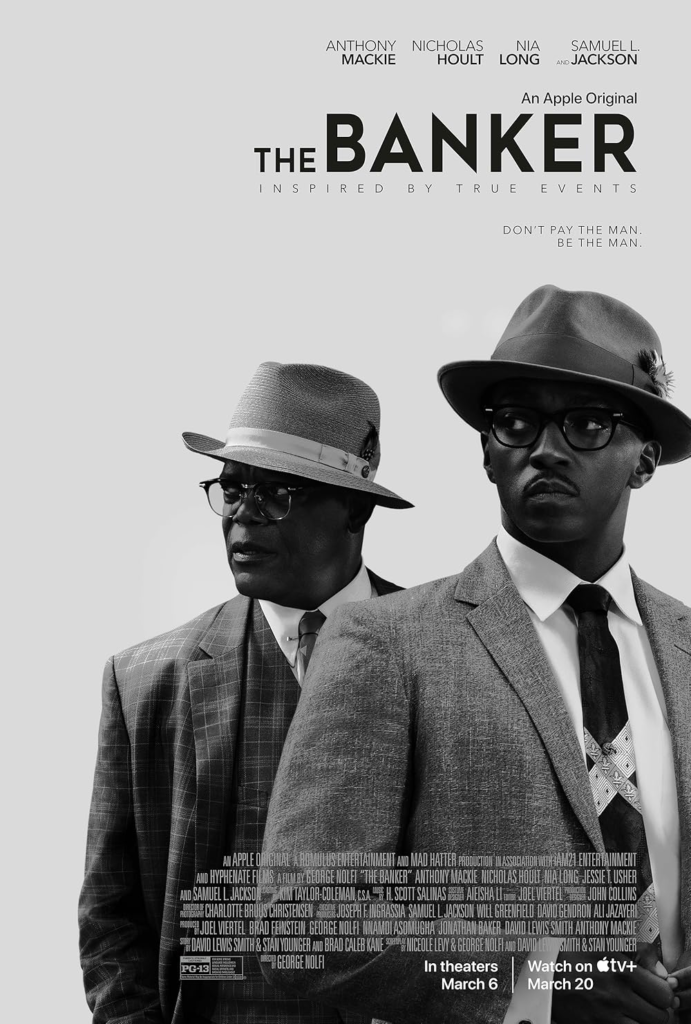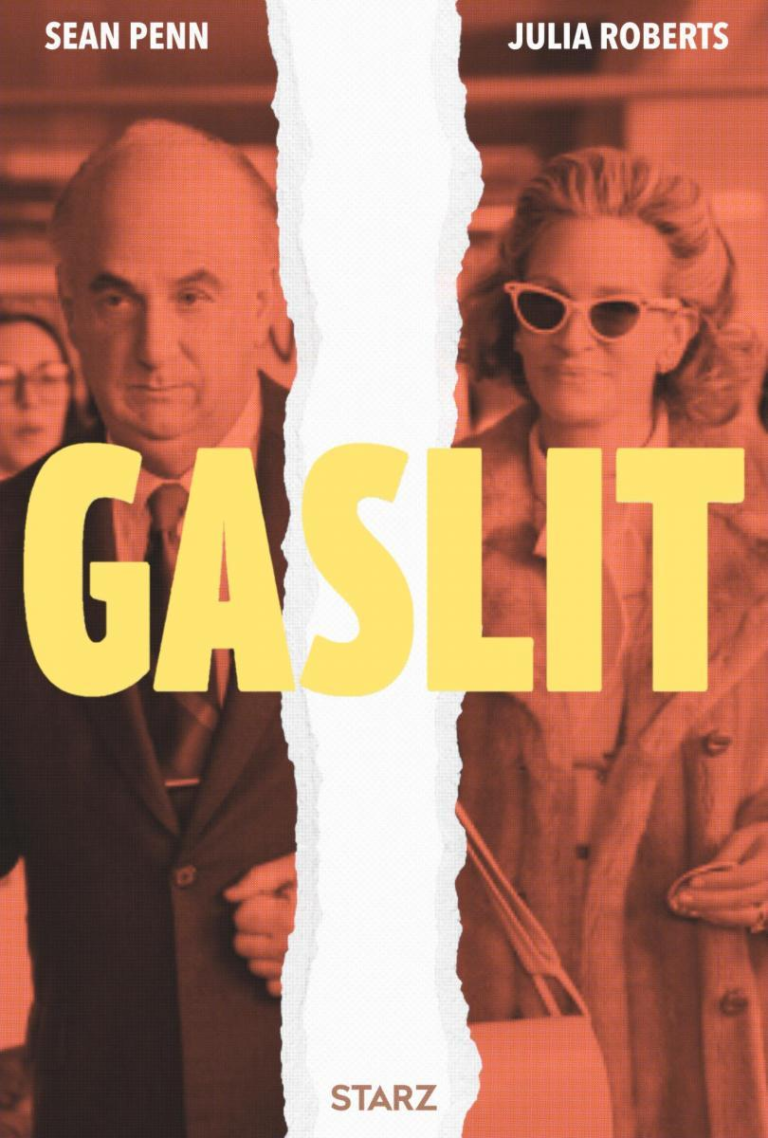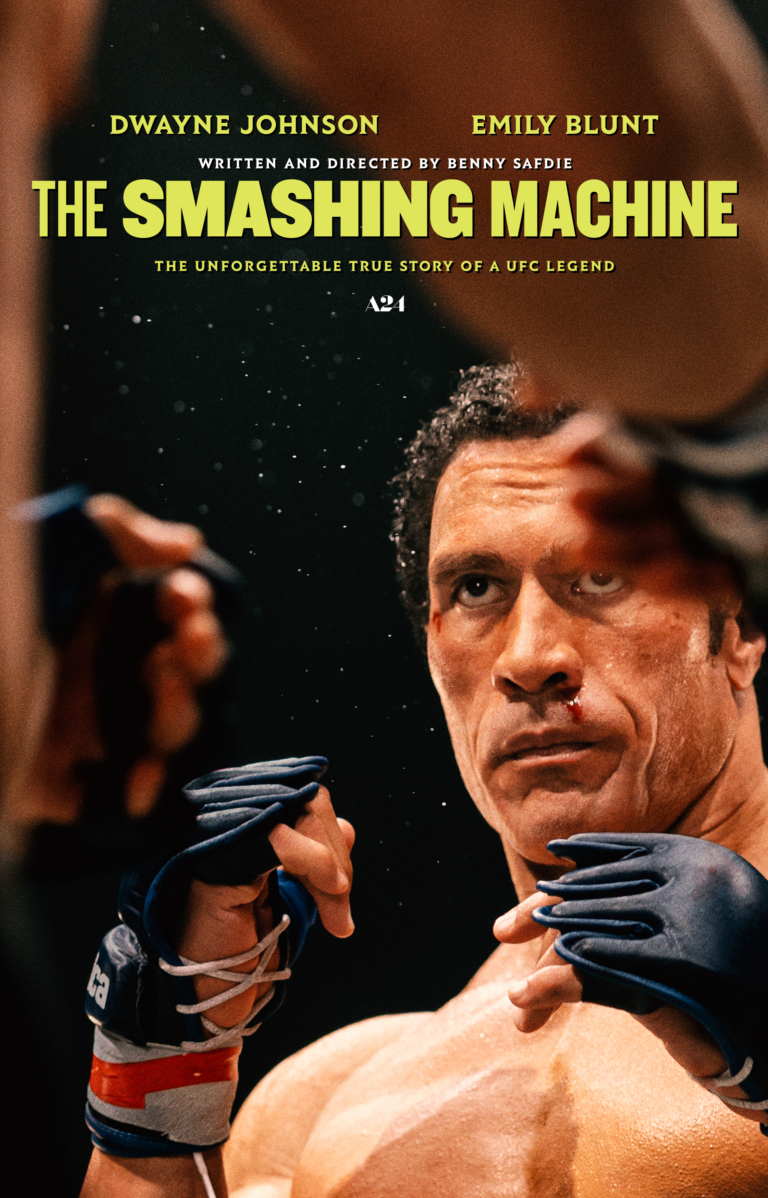The Banker Christian Review

The film The Banker steps into a unique intersection of finance, civil rights, and moral conundrums. It takes the road less traveled, spotlighting the unsung heroes who used their financial savvy to chip away at systemic racism. While it doesn’t reinvent the wheel of cinematic storytelling, the film’s heart lies in its characters, their mission, and the profound truths they uncover. With Anthony Mackie and Samuel L. Jackson at its core, The Banker emerges as both a history lesson and a reflection of timeless struggles—familiar yet undeniably gripping.
Setting the Stage: Economic Battles in a Segregated America
The narrative unfurls in the racially segregated 1960s, where opportunities for Black Americans were stifled at every turn. In the midst of this oppression, Bernard Garrett (Anthony Mackie) and Joe Morris (Samuel L. Jackson) craft a daring plan to dismantle the barriers to wealth and power. Their scheme is audacious and shrouded in secrecy: they hire a white man, Matt Steiner (Nicholas Hoult), to pose as the face of their financial empire while they operate behind the scenes.
From the outset, the film establishes itself as more than a period piece. It’s a study of ambition in the face of systemic evil, a tale of ingenuity where the odds are stacked heavily against its protagonists. It’s also a subtle but stirring reminder that financial independence can be a revolutionary act.
Characters as Anchors: The Power of Performances
If The Banker resonates emotionally, it’s largely due to its powerhouse performances. Anthony Mackie’s Bernard Garrett is stoic and cerebral, a man driven by logic and determination. His portrayal is marked by restraint, reflecting a character who must navigate a world that leaves no room for missteps. Mackie’s Garrett doesn’t fight battles with fists or fiery speeches; he uses numbers, strategy, and a quiet, simmering rage.
On the other hand, Samuel L. Jackson’s Joe Morris is a perfect foil. Jackson brings his signature charisma, injecting much-needed levity and swagger into the story. Morris isn’t just Garrett’s partner; he’s the soul of their operation, a man unafraid to push boundaries with a grin and a quip. Their chemistry is electric, the interplay between their personalities grounding the narrative in humanity.
Nicholas Hoult’s Matt Steiner adds another layer to the story. Initially a naïve participant, Steiner’s transformation into a willing and competent accomplice is subtle yet impactful. Hoult balances the character’s awkwardness with growing conviction, giving audiences a lens through which to explore themes of privilege and allyship.
More Than Just a Movie: The Banker as a Parable
For Christian viewers, The Banker transcends its genre as a historical drama. It becomes a modern-day parable, illustrating principles of stewardship, courage, and justice. Garrett and Morris embody the biblical idea of using talents wisely—not to hoard wealth but to empower their community. Their mission aligns with Proverbs 31:8–9, which calls us to “speak up for those who cannot speak for themselves” and “defend the rights of the poor and needy.”
But the story is not without its moral ambiguities. Their plan requires deception, a choice that raises ethical questions. Is it acceptable to bend the truth for a greater good? Can righteous goals ever justify questionable actions? These are tensions Christians might wrestle with, as The Banker provides no easy answers.
Systems of Sin: The Real Villain
Redlining. Discriminatory loans. The systemic exclusion of Black Americans from wealth-building opportunities. These aren’t just historical facts; they’re the antagonists of The Banker. The film doesn’t need a mustache-twirling villain because the real evil is woven into the fabric of society itself.
For a Christian audience, this portrayal of systemic sin is particularly striking. It’s a reminder that sin isn’t just personal; it can be structural, ingrained in policies and institutions. As Ephesians 6:12 puts it, “Our struggle is not against flesh and blood, but against the rulers, against the authorities, against the powers of this dark world.” Garrett and Morris’s fight isn’t just against individual racists; it’s against a system designed to keep them out.
When the Spirit is Willing, But the Flesh Falters
Despite its noble intentions and compelling performances, The Banker isn’t without flaws. The pacing can feel uneven, with moments of drag that detract from the urgency of its message. Nolfi’s direction, while competent, occasionally leans toward the formulaic, leaving some scenes feeling like a made-for-TV drama rather than a cinematic experience.
Yet, these shortcomings don’t diminish the film’s core message. If anything, its straightforwardness serves as a counterpoint to the complexity of the issues it tackles. The film doesn’t need flashy direction to make its point; the story itself is powerful enough.
Lessons to Take Home
What can we learn from The Banker? For starters, it’s a call to action. While the film takes place in the 1960s, its themes remain relevant. Financial inequality, systemic racism, and the struggle for justice are not relics of the past; they’re ongoing battles.
The movie also challenges viewers to reconsider their relationship with wealth. Money isn’t inherently evil; it’s a tool. Garrett and Morris use their financial skills to effect change, demonstrating how resources can be leveraged for good. For Christians, this aligns with the parable of the talents (Matthew 25:14–30), which teaches us to use what we’ve been given to glorify God and serve others.
Why This Story Matters
Perhaps the most compelling aspect of The Banker is its willingness to tell a story that hasn’t been told before. How many of us knew about Garrett and Morris before this film? How many other stories of Black entrepreneurship and ingenuity have been lost to history?
The film acts as both a history lesson and a tribute, honoring the courage and resourcefulness of those who fought for justice in unconventional ways. It’s a reminder that heroism doesn’t always look like marching in the streets or delivering fiery speeches. Sometimes, it looks like signing papers, crunching numbers, and outsmarting a system that wasn’t built for you.
A Final Thought
The Banker isn’t perfect, but it doesn’t need to be. Its imperfections are overshadowed by the power of its story and the strength of its performances. It’s a movie that entertains, educates, and challenges—three things that are rarely found in one package.
Rating: 7.5/10
A compelling narrative with profound themes, anchored by stellar performances from Mackie and Jackson. While its execution occasionally falters, The Banker remains a must-watch for anyone interested in history, justice, or the power of financial ingenuity.





